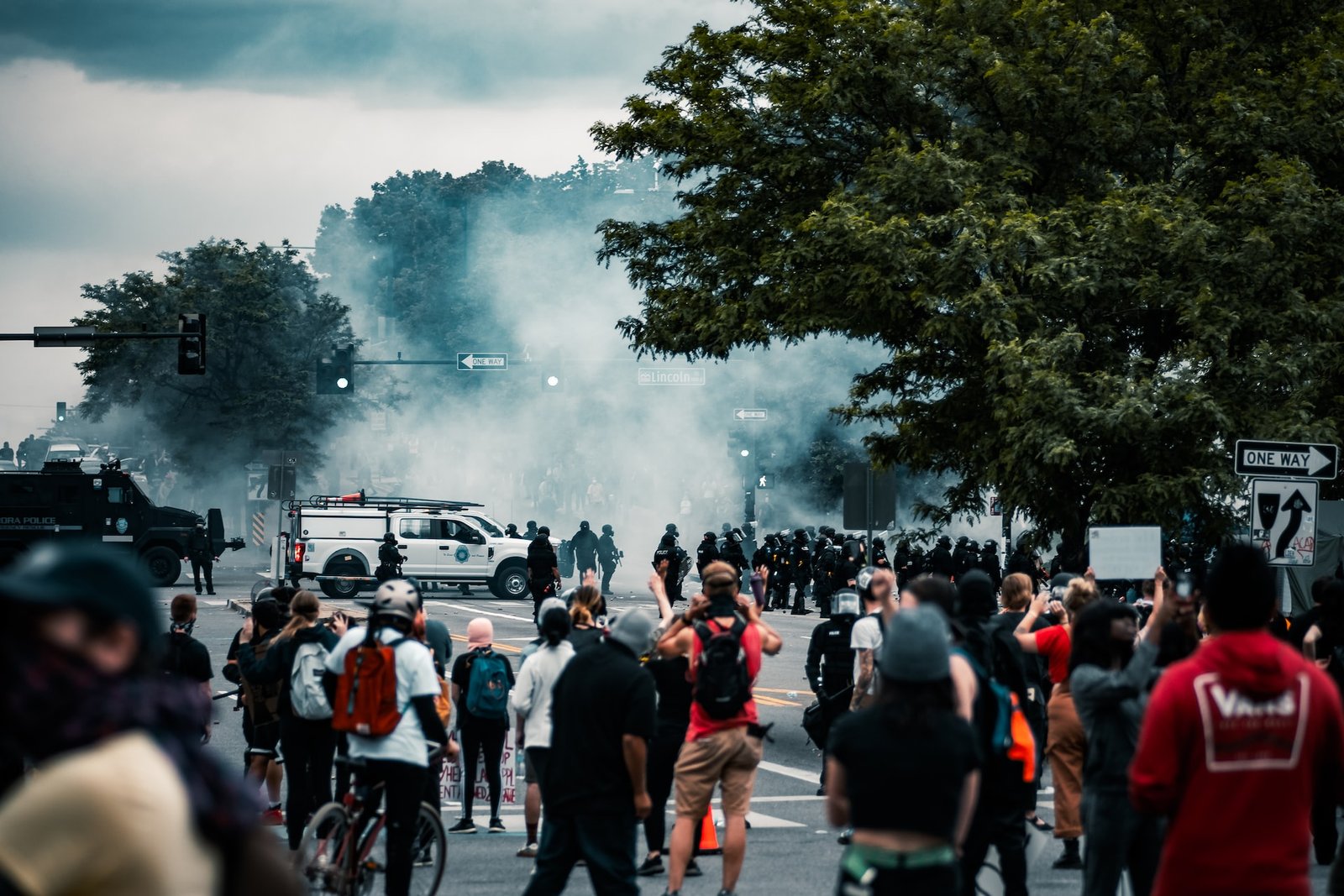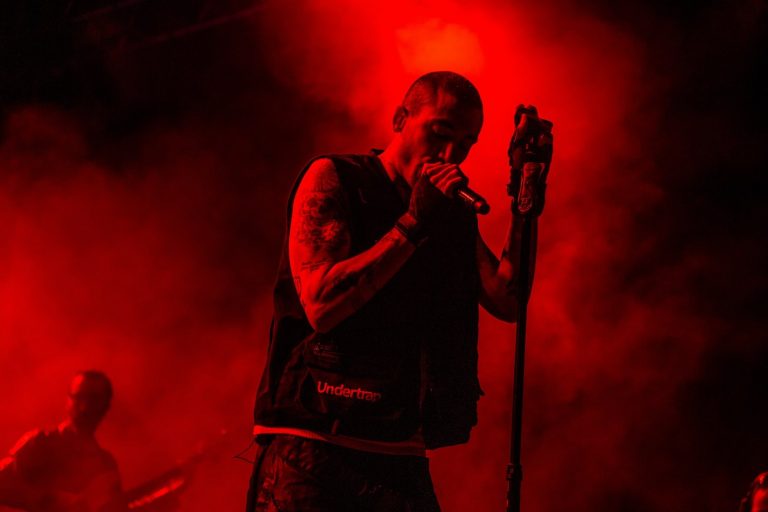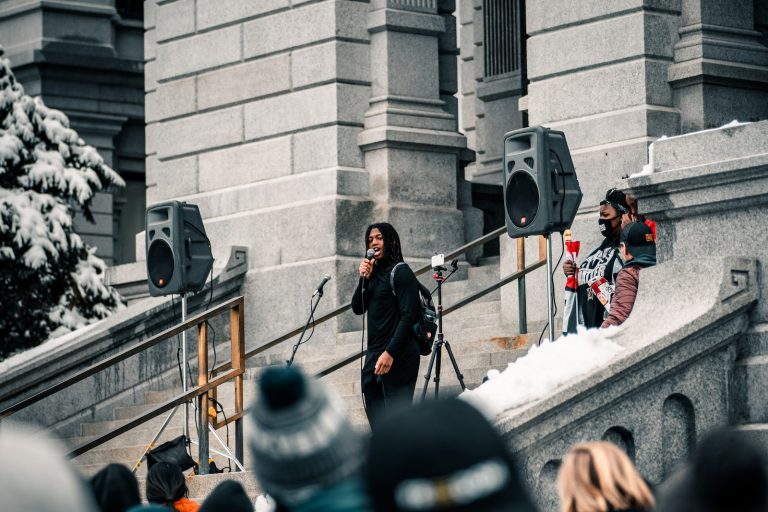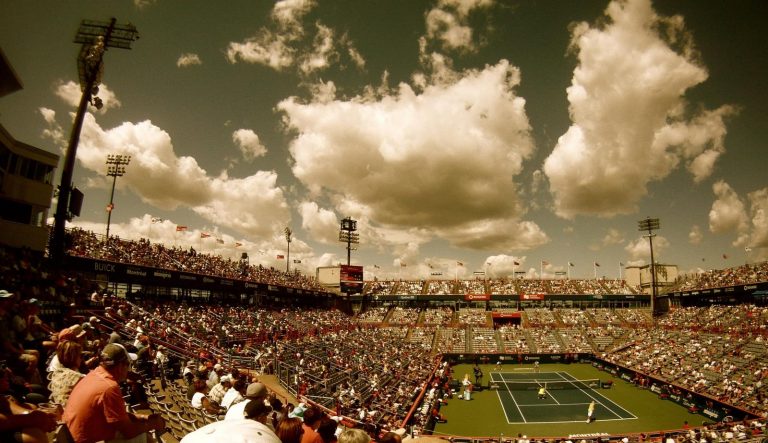iturn0image0turn0image1turn0image2turn0image4In recent years, Israel has witnessed significant public demonstrations in response to policies enacted by Prime Minister Benjamin Netanyahu’s government. These protests have centered around several key issues, including judicial reforms, military actions, and the government’s handling of internal security matters.
Judicial Reforms and Public Outcry
One of the primary catalysts for widespread protests has been the government’s proposed judicial reforms. Critics argue that these reforms threaten the independence of Israel’s judiciary and undermine democratic checks and balances. In July 2023, the Knesset passed the “reasonableness” bill, a significant component of the judicial overhaul plan. This legislation grants the government greater control over judicial decisions, leading to concerns about potential erosion of judicial independence citeturn0search13.
Mass protests erupted across the country in response to these developments. In July 2023, hundreds of thousands of Israelis participated in demonstrations in Tel Aviv, Jerusalem, and other cities, marching toward Jerusalem to express their opposition to the judicial overhaul citeturn0search4. Protesters argued that the reforms would concentrate power within the executive branch and diminish the judiciary’s role in upholding the rule of law.
Military Actions and Civil Unrest
The ongoing conflict in Gaza has further fueled public dissent. In April 2024, as the war entered its seventh month, over 100,000 Israelis took to the streets in Tel Aviv, Jerusalem, and other cities. Demonstrators called for new elections and criticized the government’s handling of the hostages held by Hamas. The protests intensified as the government resumed military operations in Gaza, breaking a two-month-old truce and raising concerns about the humanitarian impact of continued hostilities citeturn0search8.
Internal Security and Allegations of Political Interference
In April 2025, a new controversy emerged involving the government’s treatment of internal security officials. Ronen Bar, the head of Israel’s domestic intelligence service Shin Bet, accused Prime Minister Netanyahu of attempting to dismiss him for refusing to comply with politically motivated demands. Bar alleged that Netanyahu pressured him to surveil anti-government protesters and their financial backers, ignore court rulings during a constitutional crisis, and support efforts to shield Netanyahu from testifying in his corruption trial. Bar’s refusal to comply with these demands led to an attempted dismissal, which was temporarily halted by the Supreme Court pending a ruling citeturn0news20turn0news21.
International Reactions and Continued Protests
The domestic unrest has drawn international attention. In April 2025, 36 members of the Board of Deputies, the largest UK Jewish representative body, publicly condemned the Israeli government’s actions in Gaza. In an open letter published in the Financial Times, they criticized the government’s military aggression, blockage of humanitarian aid, and settlement expansion in the West Bank, asserting that these actions violate core Jewish ethical principles and damage Israel’s global standing citeturn0news22.
Despite these internal and external pressures, Prime Minister Netanyahu’s coalition government remains in power, supported by nationalist-religious groups. The likelihood of new elections or significant changes in leadership appears minimal at this time.
For more detailed coverage and updates on these developments, you can refer to the following articles:
Members of leading British Jewish body condemn Israel’s latest actions in Gaza
Israeli spy chief hands court scathing rebuke of Netanyahu bid to sack him
Israel’s domestic security chief accuses Netanyahu of making improper demands of him as rift deepens
Netanyahu demanded loyalty before trying to fire me, Shin Bet chief claims












